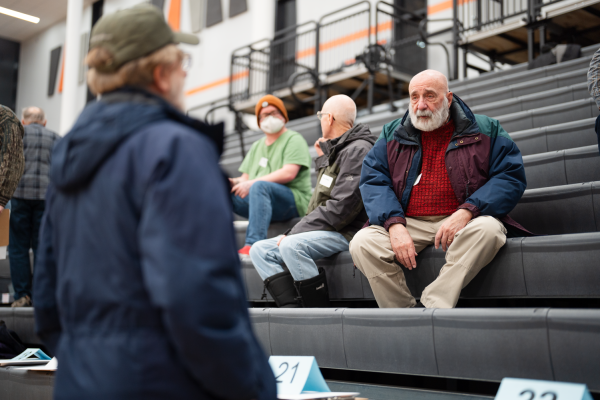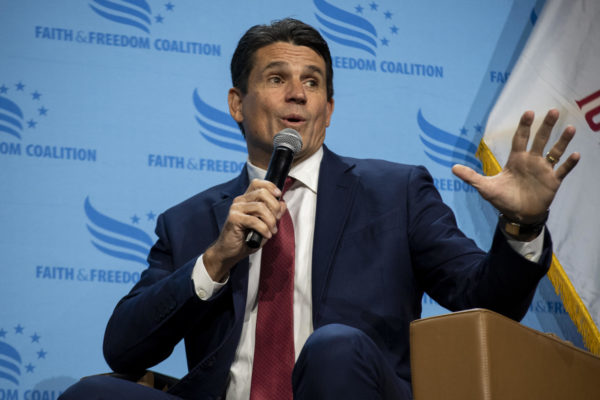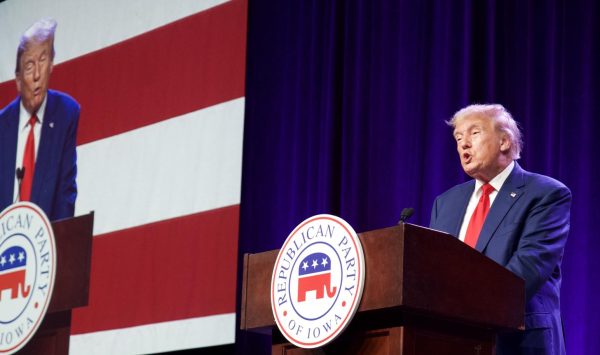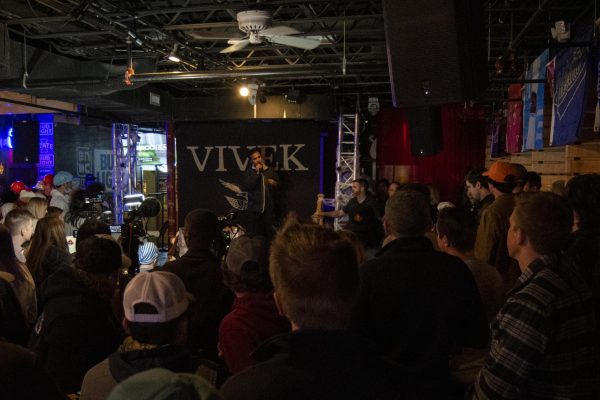Feds’ top entrepreneur shaking data from government’s file cabinets
September 24, 2012
NEW YORK — Todd Park’s job is to unleash the power of innovation inside the oh-so change-resistant walls of government, and he appears to love it.
“It’s just awesome, awesome, awesome stuff,” he told an audience composed primarily of tech geeks at the Social Good Summit being held here this weekend at the 92nd Street Y.
In the three years since the federal government recruited Park to serve as a tech entrepreneur in residence, he has hunted down e-file cabinets packed with data and shaken them out, crediting such efforts with helping build the economy and even save lives.
“Civilian and commercial access to GPS alone is estimated to have contributed $90 billion in value to the American economy last year,” he said Saturday night.
Park describes his work as running an incubator inside the government. But, instead of birthing companies, he builds on new ways to advance the president’s goals.
Before working in government, Park co-founded two health information technology companies — including one that produced web-based software for doctors’ offices — that made him a rich man.
He went on to create tele-health services for use by rural villagers in India and a number of other ventures, but says his work for the feds is “the most amazing, most entrepreneurial experience” he has had.
Park said he drew inspiration from “Joy’s Law,” named after Sun Microsystems co-founder Bill Joy. “He once said, no matter who you are, you have to remember that most of the smartest people in the world work for somebody else,” Park said.
“Don’t think about what you can do yourself, but how you can enable everyone else in the world who cares about that mission to move the ball down the field.”
One way he has been embracing Joy’s Law has been through open-data initiatives, which were inspired by what happened when the government made available free and online the reams of weather data it had collected for decades — and then stored out of public view.
Soon, such innovators as The Weather Channel and weather.com had sprouted up, and weather apps were being designed for smart phones — “creating jobs and growing the economy.”
The work requires no new legislation, no new regulations and no expenditure of large amounts of taxpayer capital, he said.
“You basically take data that taxpayers have already paid for and you jujitsu it; let entrepreneurs tap into this national resource and turn it into awesomeness.”
Two years ago, the government converted health data that had been previously locked in books into e-files and made it available free.
“Data by itself is useless,” he said. “I cannot feed my baby daughter data. It’s only useful if you apply it to create public benefit,” Park said.
Though his efforts in opening the health data to the public initially were met with skepticism from entrepreneurs, their stance had changed by last June, when more than 1,600 entrepreneurs, innovators and others attended the government’s first “health datapallooza” at a convention center in Washington.
Over two days, 242 companies competed for 100 spots to present innovations such as how to better manage asthma and how to help doctors deliver better care.
“Total taxpayer expenditure: zero.”
An emergency room doctor in Denver, Colorado, used the database to create iTriage, a company that helps patients punch in their symptoms to identify possible care options, even booking their appointments.
Testimonials for the product — which has been used 8 million times — include such claims as, “This saved my life,” Park said.
The company has hired 80 people and is looking to hire 20 more, he said.
And that’s a tiny slice of what’s available at data.gov, health.data.gov, energy.data.gov, safety.data.gov, Park said.
“It’s a little overwhelming,” he added.














